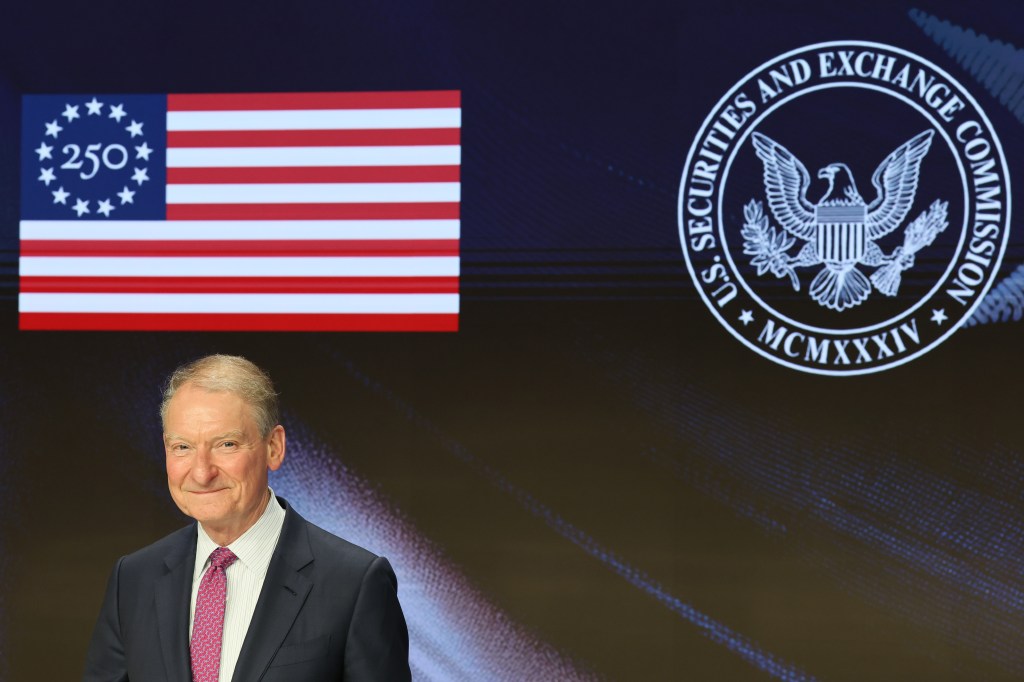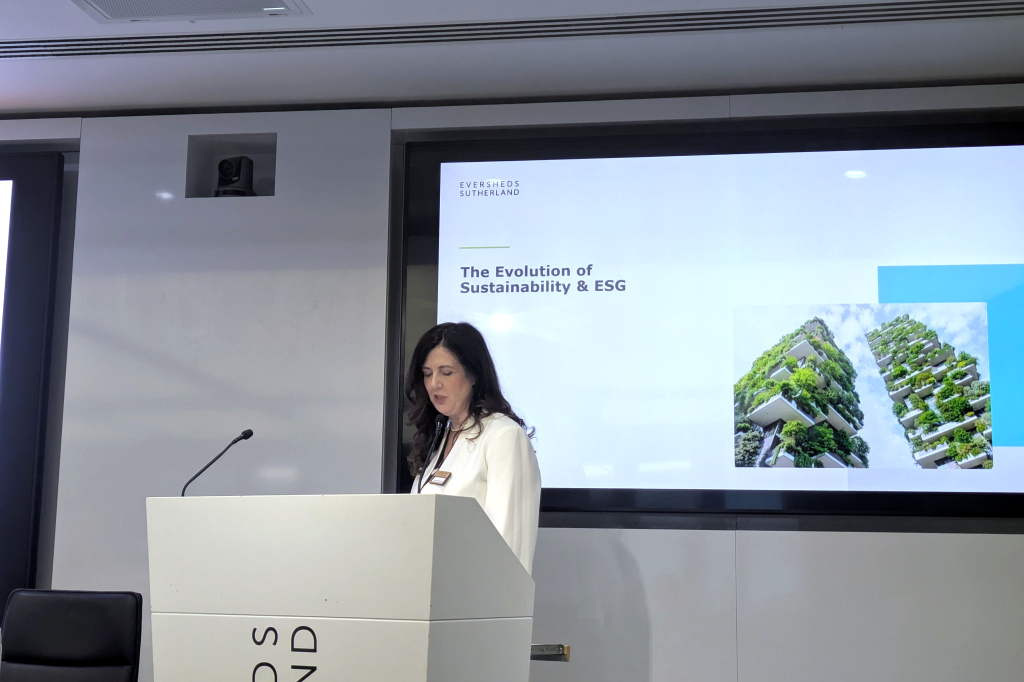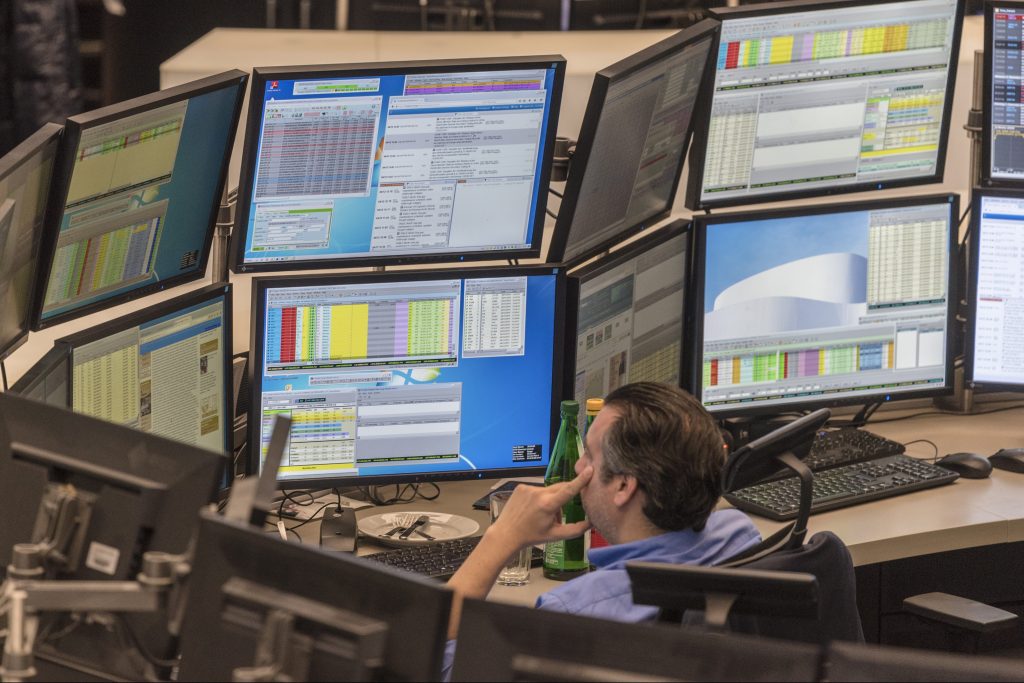Regulators from the UK FCA and Germany’s BaFin discussed developments in a session at the Energy Trading Week Europe event in London on September 26, moderated by Gerfried Kromer from Alpiq.
Fabio Braga (Manager – Trading Policy at FCA) set the scene by explaining the FCA’s actions in the area of commodity derivatives regulation since 2023. In that year the regulator began a review of wholesale financial markets in conjunction with HM Treasury, resulting in commitments related to sovereign and corporate bonds, OTC derivatives, equities and commodities. The result was to adopt an equivalent rulebook to the EU post-Brexit and ensure the regime could work there with a few adjustments.
The question is whether this will be suitable for commodity derivatives as a stand-alone. The main objectives would be;
- to maintain and strengthen market integrity; and
- ensure that costs on firms and especially exchanges are proportionate to deliver the market integrity requirement.
The consultation was finalized in February this year and the resulting policy statement reallocates responsibility for certain functions under MiFID II back to exchanges, on the basis that they are better placed to understand their own markets than FCA. It will also create better access to OTC derivatives data which is necessary after the LME Nickel crisis.
Progress in Germany
Dr Martin Rose (EMIR & MiFID expert – BaFin) summarized some of the work underway and completed at the German financial regulator. Position limits on the German power contract were being examined through multiple consultations but with no clear outcome, as well as work on the new data regime and EMIR.
Peter Kolz (Directorate, Market Surveillance – BaFin) spoke about cross-border commodity derivatives and the potential for market abuse. REMIT II has changed the supervisory distinction between financial and energy wholesale product, which is a more blurred picture. In reality there are now frequent cases that contain truly international markets where a trader sits in one location that is different from where the product originates, and also from the trade venue. The web of applicable rules and regulations makes it very hard to analyze.
This is being addressed through increased cooperation by national authorities and agencies to provide a clear picture of each case. This was driven by the energy crisis in 2022 that mobilized politicians to streamline more cooperation, which has been a good outcome. The competent authorities, as well as ACER and ESMA, all work more closely now.
Gas market whispers
Kolz moved to gas market whispers which are all the rage right now. He noted there are different forces at work here, and with differing interests, which require equivalent regulatory application but he intimated that supervision here is suitable and satisfactory.
Braga was asked about the Ancillary Activities Exemption (AAE) and its potential to be changed and to run in accordance with the CFTC’s exemption. He said that consultation and intent was to maintain the exemption but adapt it so that the outcome would not result in a wider perimeter. The plan would be to retain its benefits while simplifying it so that it was not more costly in compliance terms. This had all been well supported and validated in consultation, with the goal being clarity and regulatory stability in the near term.
The BaFin regulators could not be drawn on how the AAE would fall in the EU. It was noted that reform focused on the Investment Firm Regulation (IFR) and the Investment Firm Directive (IFD) does not mention commodity trading – the issue revolves around the potential for the IFR and IFD to apply if more firms require a license which would also derive new rules. But this would be a long way in the future.
Trading behavior
Audience questions centered on the sort of trading behavior that energy firms should be identifying. As REMIT and MAR now overlap so extensively, there are similar patterns between financial and energy markets. The difference remains between liquidity and volume and this means bid/offer spread range remains wider in the physical markets. These offer a better opportunity to be manipulated. The feeling that longer-dated contracts were more vulnerable to manipulation was not accepted by the regulators.
Kolz commented on the gas market after a question whether commercial practice is distorting the overall market. He said that much more LNG has come online since 2022 and with better storage as well this has stabilized this market notably. Rose added that previous concern about the mixed approach to wholesale and financial market rules has dissipated as financial and energy supervisors have cooperated more, especially around exchange of data.
The regulator panel finished with the work that IOSCO is doing in this sphere, particularly C7 which is the Committee on Derivatives. The idea is to harmonize rule development internationally and accommodate the natural growth of the commodity derivatives markets within a framework of standards that has global application.
The requirement to include Asia and North America in developing standards for OTC derivatives is essential. This is where cooperation is proving effective, especially between financial and energy supervisors. An area of focus is on duplicative rules and reporting requirements where costs can mount quickly.













